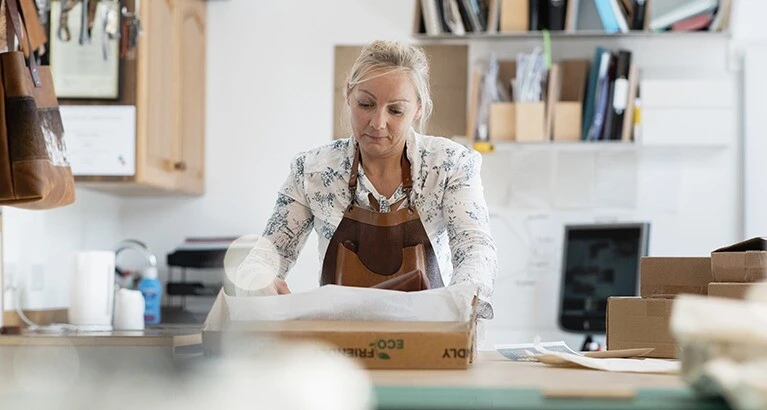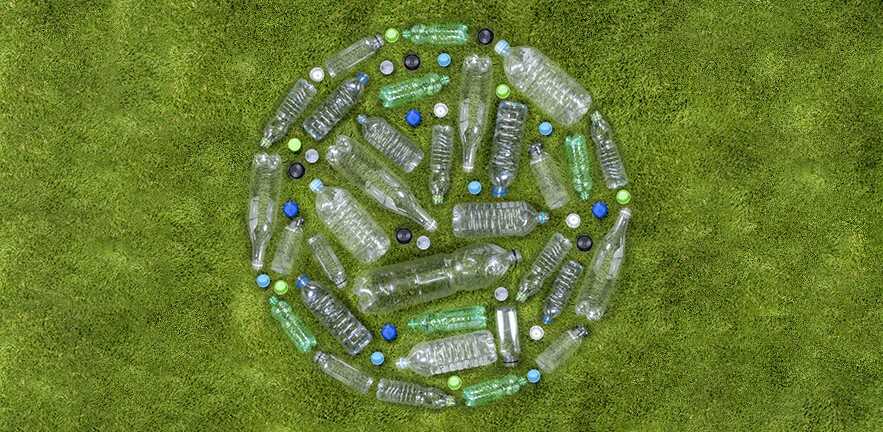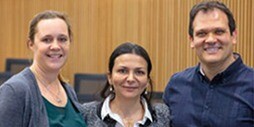News and insights
Research centre news
UN report: circular economy boosted by digital tech
United Nations posts report authored at the Circular Economy Centre on how digitisation can advance circular economy principles and help meet UN goals on responsible consumption and production.
ESG and sustainability
4 techniques to help companies embrace sustainability
Companies often struggle to adopt circular principles, but 4 key models can help firms reduce resource use and fossil fuel consumption, says research at the Circular Economy Centre.
Finance and accounting
Professor Khaled Soufani: from financial markets to circular economy
Khaled Soufani, Management Practice Professor of Financial Economics & Policy, describes his journey to be Director of the Circular Economy Centre at Cambridge Judge and suggests how we can all adopt sustainable principles into our everyday lives.
Research centre news
What links sustainability and distribution networks?
Professor Khaled Soufani, Director of the Circular Economy Centre at Cambridge Judge Business School, discusses the importance of supply chains and reusing waste at a conference addressed by the King of Spain Felipe VI.
There are four business models that firms can use to take advantage of circular economy principles, Khal Soufani of Cambridge Judge tells the Swedish Parliament.
Faculty news
Circular but costly
Circular supply chains are more sustainable, but they will be rare unless consumers compromise on cost, says a new Harvard Business Review article by Khaled Soufani and Christoph Loch of Cambridge Judge Business School.
Each of our research centres has unique ways to engage with non-academic organisations and, through that, to generate positive social, economic and environmental impact.
Leadership and organisational behaviour
Top 15 reads of 2020
The news and insight section of Cambridge Judge Business School's website attracts audiences with eclectic interests ranging from business to healthcare to the arts. In 2020, attention was focused on articles related to the COVID-19 pandemic.
Insight
Sustainability focus
The Cambridge Zero Climate Change Festival features experts including Kamiar Mohaddes and Khal Soufani of Cambridge Judge Business School.


















